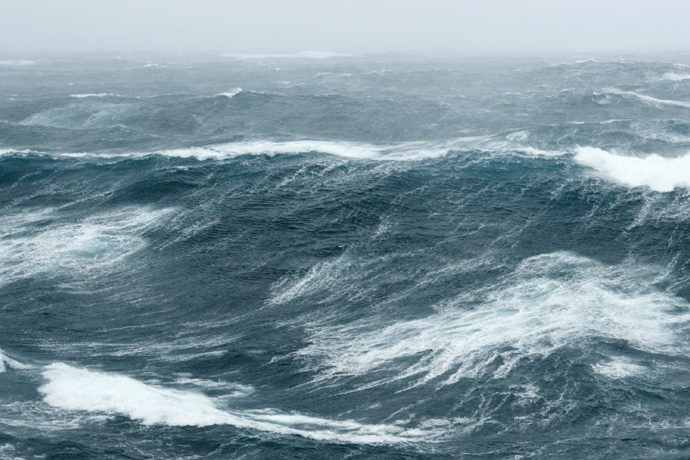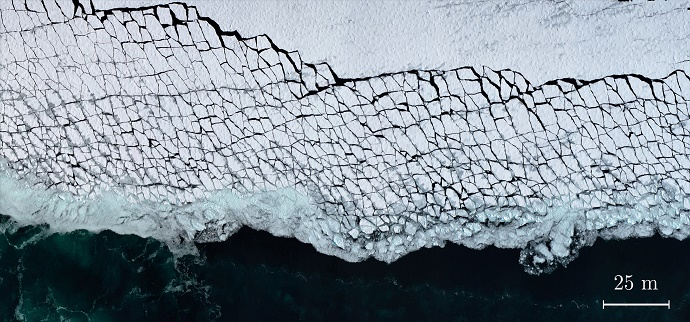

Image: airn/iStock/Getty Images Plus
ECMWF will hold the fifth international workshop on waves and wave-coupled processes from 10 to 12 April 2024 in Reading (UK) after previous events were held in Melbourne (Australia), Qingdao (China), Hangzhou (China), and Uppsala (Sweden).
Keynote speakers from France, Japan, Norway, the US, and ECMWF will set out their thinking on a range of issues. Some participants will also update the audience on related topics. Registration will be open until 1 March.
“The event is relevant to ECMWF as waves and their interactions with other Earth system elements form an important part of our forecasting system,” says ECMWF scientist Jean Bidlot. “We are a global leader in determining the impact of waves in numerical weather prediction.”
Key topics
One of the eight keynote talks will be given by Peter Janssen, a former ECMWF member of staff who continues to advise the Centre. His talk on ‘Air-sea fluxes and atmospheric wave boundary layer’ will set out how waves play a part in the interaction of the sea surface with the atmosphere.
Another speaker, Erick Rogers, will cover ‘Wave–sea-ice interactions’. This is a topic that has only recently begun to be addressed by ECMWF.
“It will be useful for us to get an update on the most recent developments in this field so we can apply it to our forecasting operations,” Jean says. “The question of how sea ice influences waves and vice versa is particularly relevant as you increase the resolution of forecasting systems to a few kilometres.”

Sea ice breaks up under the influence of waves. (From an article by Elie Dumas-Lefebvre and Dany Dumont in The Cryosphere; CC BY 4.0)
A talk by Sophia Brumer will be of interest to the EU’s Copernicus Atmosphere Monitoring Service (CAMS) implemented by ECMWF. The topic is the impact of waves on gas transfer and aerosol production.
“There is evidence that waves play an important role in the transfer of CO2 and other gases from the air into the ocean,” Jean says. “If we want to widen our modelling capacity, this kind of interaction should be included.”
Other keynote talks will cover:
- Dynamics of ocean waves (Nobuhito Mori)
- Wave influences in the upper ocean (Øyvind Breivik)
- Wave–current interactions (Trygve Halsne)
- Wave-coupled processes in extreme conditions (Shuyi Chen)
- Coupling strategies (Hendrik Tolman)
Registration and abstracts
People who would like to attend the workshop in person in Reading need to submit the registration form before 1 March 2024.
Talks will also be livestreamed for online viewing. Viewers do not need to complete the registration form to follow the talks online. The live stream link will be published on the workshop web page nearer the time.
ECMWF invites abstract submissions for oral and poster presentations (in person only) on the keynote topics. If you would like to submit an abstract, please complete the submission form before 1 March.
